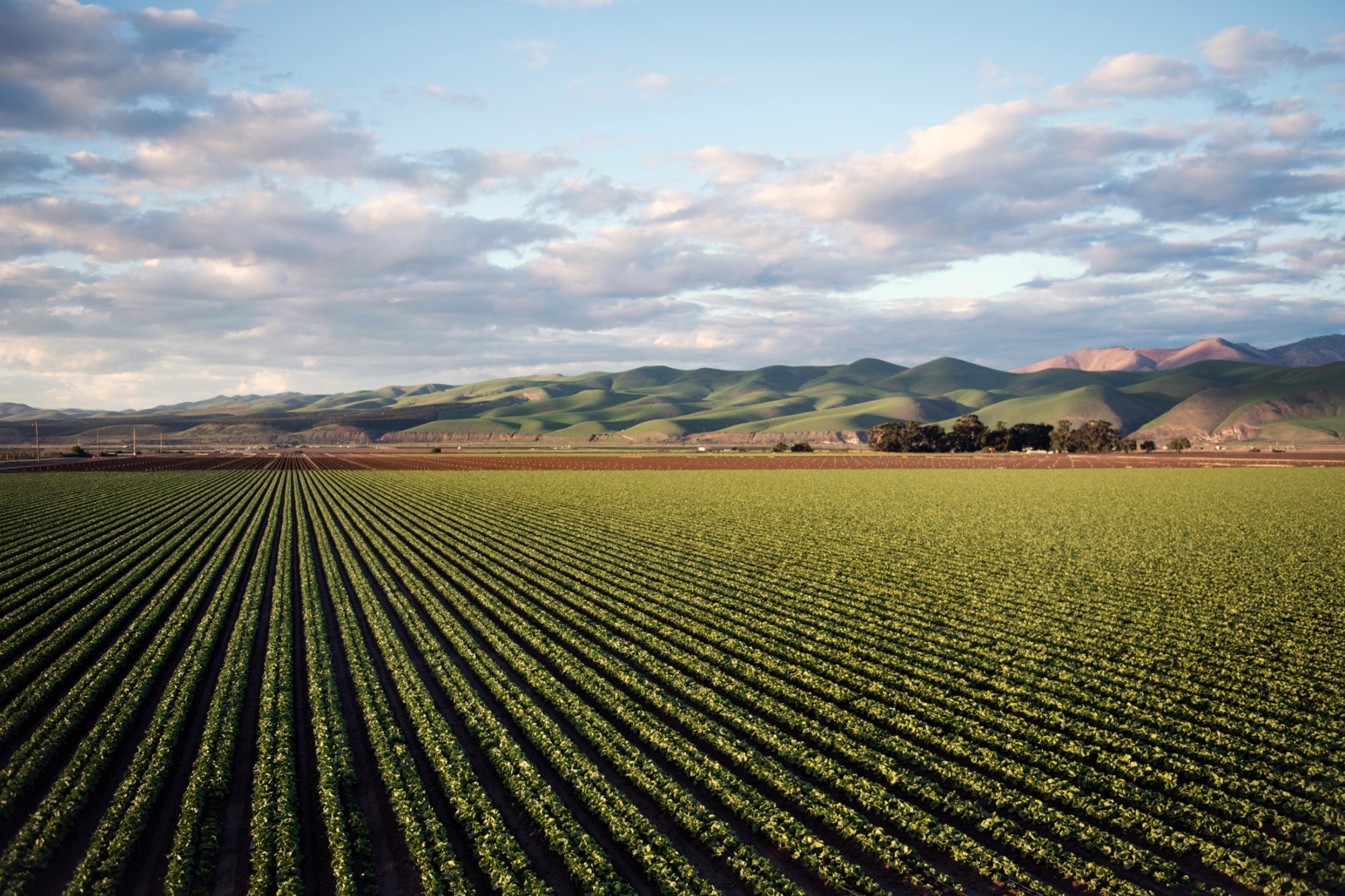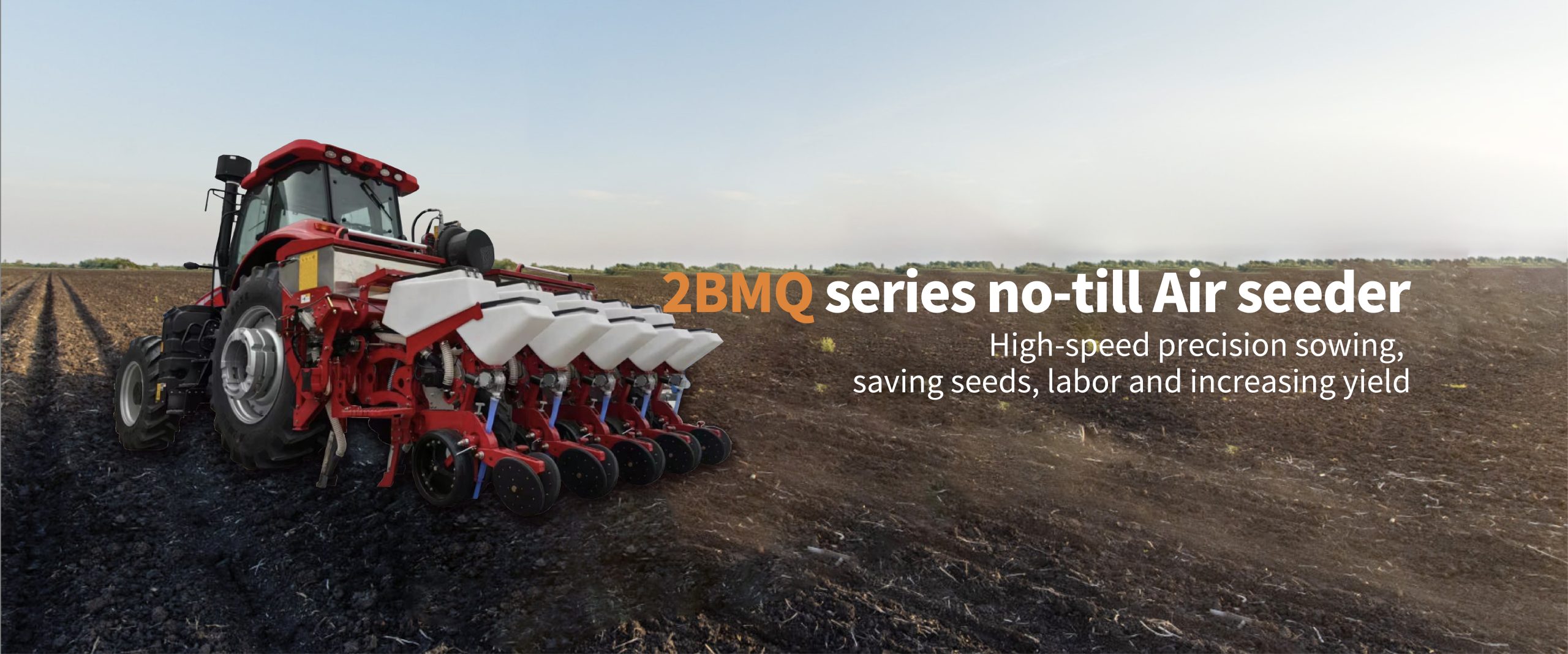
Did you know that the agricultural equipment industry is projected to reach a staggering $200 billion by 2025? This growth not only highlights the importance of agriculture in our economy but also underscores the critical role suppliers play in ensuring farmers have access to essential tools and machinery. However, with this booming market comes a complex web of legal regulations that govern how these suppliers operate.
Click to find more about supplier of agricultural equipment.
The Role and Regulatory Landscape for Suppliers of Agricultural Equipment
Suppliers of agricultural equipment are vital players in modern farming, providing everything from tractors to irrigation systems. Their operations are subject to various laws and regulations designed to ensure safety, quality, and environmental protection. One significant aspect is their compliance with Environmental Law, which mandates sustainable practices in manufacturing and distribution processes. These regulations aim to minimize ecological impact while promoting responsible resource use—an increasingly important consideration as we face climate change challenges.
Find more about supplier of agricultural equipment.
Diving Deeper: Suppliers of Agricultural Equipment and Environmental Law
The intersection between suppliers of agricultural equipment and Environmental Law is crucial for fostering sustainability within the industry. Regulations often require these suppliers to adhere strictly to guidelines regarding emissions, waste management, and product lifecycle assessments. For instance, they must ensure that their products do not contribute excessively to pollution or harm ecosystems during production or usage phases. Additionally, many jurisdictions incentivize eco-friendly innovations through grants or tax breaks aimed at reducing carbon footprints.
Key Features of Agma-Toyar under Environmental Law
Agma-Toyar stands out among its peers when it comes to adhering to Environmental Law principles. Here are some key features:
- Sustainable Manufacturing Practices: Agma-Toyar employs techniques that reduce energy consumption during production.
- Recyclable Materials: The company prioritizes using materials that can be recycled post-use, minimizing landfill contributions.
- Ecosystem Protection Measures: They implement strategies designed specifically for protecting local wildlife habitats affected by farming activities.
- Circular Economy Initiatives: Agma-Toyar actively participates in programs aimed at creating a circular economy within agriculture by reusing components whenever possible.
- User Education Programs: They provide resources for customers on best practices for environmentally friendly usage of their equipment.
A Conclusion on Suppliers’ Compliance with Environmental Laws

The relationship between suppliers of agricultural equipment like Agma-Toyar and Environmental Law illustrates an evolving landscape where business success aligns closely with ecological responsibility. As we continue navigating through pressing environmental issues globally, understanding these legal frameworks becomes paramount—not just for compliance but also as part of a broader commitment towards sustainable development in agriculture.


